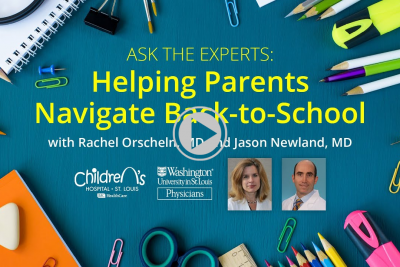If your child has asthma, you may be on alert for symptoms or complications now that winter is here! Most kids with asthma have a rough time during the cold months and parents notice they get more complications, need more medication and visit the ER more frequently this time of year!
These happen because colds and viral infections act as triggers for most kids with asthma.
We can’t do anything about the weather but there are a few things you can do to prepare for or prevent symptoms:
1. Get your flu shot!!! Not only your child but everybody in your household!
2. Avoid sick people, if possible.
3. Avoid exposure to cigarette smoke (This is so important!!)
4. Review your asthma action plan with your pediatrician or pulmonary specialist. If your child has more symptoms through the winter months, it may be a good idea for him/her to be on preventive medication during these months.
5. Make sure you have enough medication at home to follow your asthma action plan. You should have not only your preventive daily medication but also your rescue medications like albuterol and steroids (orapred/prelone). Steroids take 4-6 hours to start working, so the sooner your child gets them the faster his or symptoms will start to improve, but remember: always follow your doctor’s instructions!
6. Prompt home treatment may prevent asthma attacks from becoming severe.
7. Make sure your child knows how to take his treatments in the most efficient way. For example, if using an inhaler, they need to use a spacer also. Otherwise, most of the medication will stay on the mouth and won’t reach the lungs. If you don’t know how to use an inhaler appropriately, ask your doctor.
8. If your child is old enough, practice getting his peak flow when he is doing well. This way you will have a “green zone” baseline to compare and a more objective way to gauge symptoms when he is sick.
9. Don’t let your child play in damp, moldy places (basements, for example).
10. Keep household dust under control.
11. Inform any caretakers about your child’s diagnosis, what symptoms to look for and how to treat them if necessary. Also make sure your child’s asthma medications and their action plans go with your kids wherever they go (grandma’s house, friend’s sleep over, etc)
Remember that every child is different and may need different asthma medications and action plans. Always follow your doctor’s recommendations. If your child needs an asthma action plan, or for help recognizing or treating asthma symptoms, please call the St. Louis Children’s Hospital answer line at 314.454.KIDS (5437) or visit:
http://www.stlouischildrens.org/
http://www.healthychildren.org/





Comments